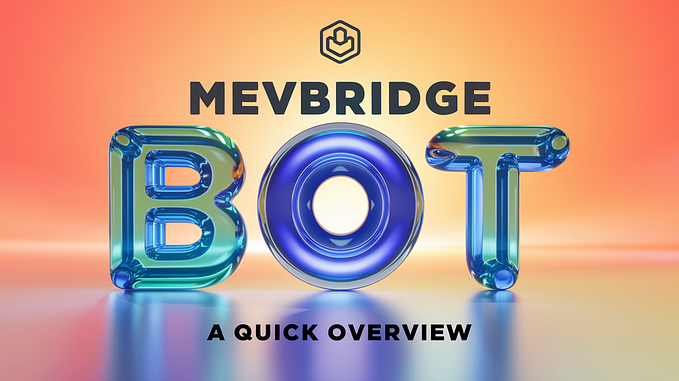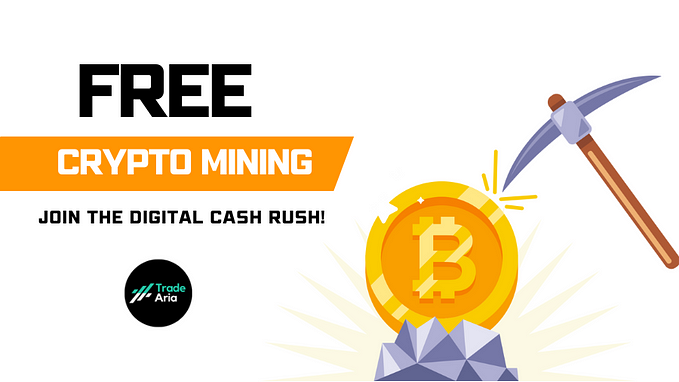Dictator DAO
There is a wide range of DAOs out there and most of them are either not decentralized or not working well. To solve many of the issues I propose a DAO that elects an operator. The operator is free to build/run the protocol as they see fit, unless the DAO isn’t happy… in which case they can elect a new operator at any time, taking all access forcibly away from the current operator in a fully decentralized manner.

Before we dive further into this, let’s have a quick look at some common existing structures and their pros and cons.
On chain protocol governance
Compound and Uniswap have a fully on-chain model where every update to the protocol needs to be voted in by the DAO.
Pros
- On-chain protocol is fully decentralized (in theory, but on these cases too much voting power still rests with the original investors and team)
Cons
- Innovation is very slow
- Only small incremental updates are done, no new products are developed (unless the company decides to, outside of control of the DAO)
- Can be hard to reach quorum to get changes made
- Website is still developed, owned and operated by a centralized team
- High gas costs for DAO members
Snapshot governance
To overcome the gas costs involved with voting on-chain, a lot of projects have started using snapshot to do community voting. Since these are effectively ‘companies’ executing on their vision, they tend to be more effective in innovation and creating and upgrading products quickly. However, the DAO has only an advisory role and can be completely ignored, which kind of defeats the whole idea of a DAO.
Pros
- No gas costs to vote, leading to more participation
- Teams have freedom to innovate and update the protocol as they see fit
Cons
- The DAO has no recourse and no control over the protocol, they are in practice an advisory board
- The operator/team is in practice a dictatorship and can completely ignore the DAO
The Solution: Democratically elected dictatorship
So let’s combine the best of both worlds: clear vision with fast innovation AND true decentralization…
Founding
The first step in establishing this kind of DAO is that the Founder deploys the contracts for the DAO. This will start an establishment period (1 week) in which anyone can buy into a small release of tokens (through a Dutch auction) and become a Member of the DAO and vote for an Operator.
Once the first auction is finished and any Operator has over 50% of the votes, they become the Operator for the DAO. The funds from the first auction will vest for a period of time and then go to the Operator (the one active at the time vesting is done).
Operation
This auction process will continue (for instance weekly) to raise funding for operations. After the establishment period a much larger number of tokens will become available (every block) to incentivise the protocol (support farming) through a farming contract. (Like MasterChef in SushiSwap)
The Operator is free to deploy the weekly raised funds anyway they see fit and they will control the farming allocations. They can hire people, do marketing, build products, conquer the world… or they can just have boat parties…
This freedom can allow the Operator to innovate rapidly without too much red tape, politics, etc.
Oversight
However, if the Operator doesn’t perform as the DAO would like. DAO members can simply change their votes to another Operator. Once another operator gets over 50% of the votes, they will start to receive future auction funds and they will get access to the farming contract. This is all enforced by the smart contracts and cannot be changed/upgraded by the Operator.
So the DAO always retains ultimate control over the protocol. The DAO is the true owner of the protocol and they decide who to ‘hire’ to operate the protocol for them without ever giving up control.
More
There are other issues to tackle as well, such as web domain ownership, discord, Twitter, forum ownership, etc. For the domain, I think something cool can be done here with .eth domains and/or IPFS hosting, so any new Operator can redirect to a new IPFS site that they own. This doesn’t fully solve the situation when there is a ‘traditional’ domain name, but it’s a good step.
The others are a bit trickier.
Anyway, I’m exploring this because I’d love to be an Operator for a nice DAO that ran like this.
Bad idea? Good idea? Questions?
Either way, come discuss this on discord! Keen to hear your ideas around this.








